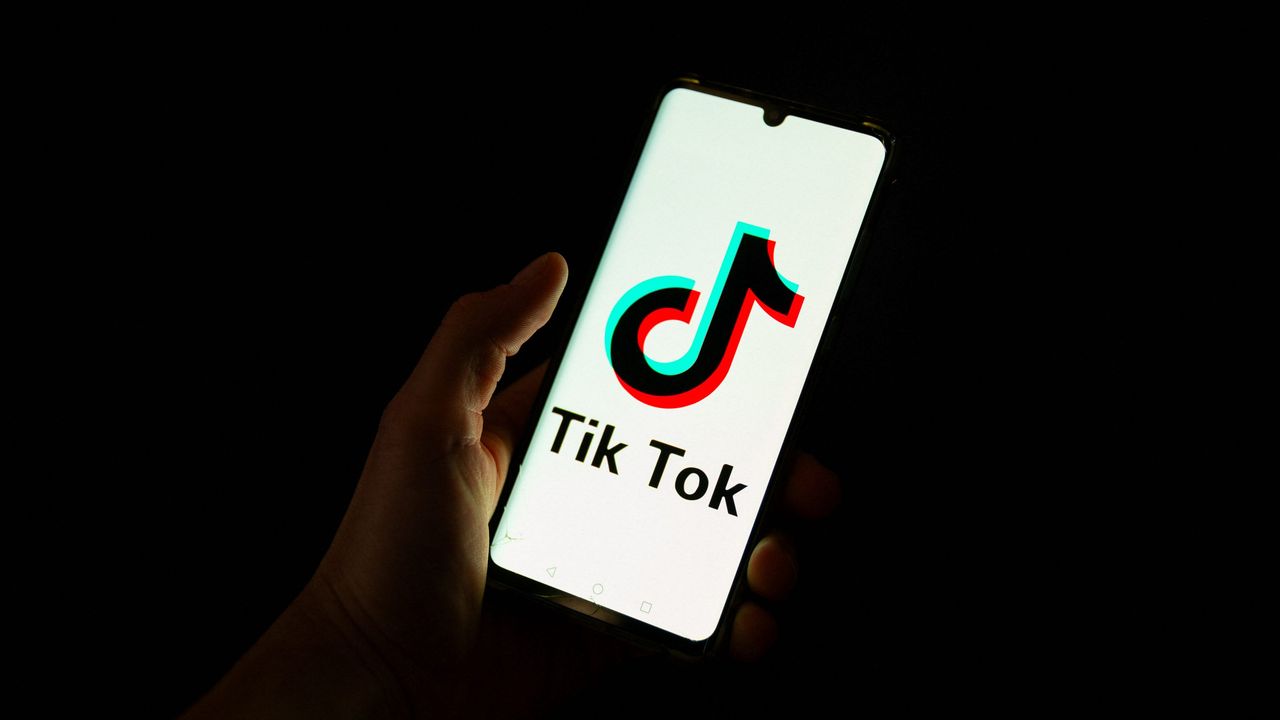Federal Appeals Court Moves Closer to TikTok Ban in the US
A federal appeals court has upheld a ruling that could lead to a TikTok ban in the US unless ByteDance sells the platform by January 2025.

Federal Appeals Court Moves Closer to TikTok Ban in the US
A recent ruling from the U.S. Court of Appeals for the District of Columbia Circuit has intensified discussions around the potential ban of TikTok in the United States. The court's decision reflects a broader national security concern regarding the app's Chinese parent company, ByteDance.
Overview of the Court's Ruling
On Friday, the D.C. appeals court voted against three petitions from TikTok and ByteDance, which sought to reverse a new law targeting the platform. This law, called the Protecting Americans from Foreign Adversary Controlled Applications Act, mandates that ByteDance must sell TikTok by January 19, 2025, or face a ban in the U.S. The ruling indicates that the petitions did not meet constitutional scrutiny, underscoring the government's national security rationale.
The decision is significant not only for TikTok but also illustrates a growing scrutiny over foreign-owned apps in the U.S. market. The court highlighted that unless TikTok executes a divestiture by the specified deadline, it will effectively be unavailable in the United States.
Implications for TikTok Users
If the law takes effect, TikTok will no longer be available for download on platforms such as the Apple App Store and Google Play. Although existing users will maintain access, they risk missing vital updates and features that could affect their experience on the platform.
TikTok: A National Security Concerns
TikTok has been under the government’s radar due to fears that ByteDance may share user data with the Chinese government, in a manner that could threaten U.S. national security. The law’s roots trace back to 2019, when former President Donald Trump voiced concerns about foreign interference through technology. In 2021, President Biden reiterated these concerns by labeling ByteDance a potential threat to U.S. national interests.
The accusations against TikTok revolve around sensitive data handling, with officials worried about the app's ability to access American users' private information. They cite the risk of this data being exploited by foreign adversaries. The stakes are high as TikTok is an application that boasts 170 million American users who engage creatively with the platform’s tools, ranging from filters to stickers.
The Fight for TikTok's Existence
Popularity notwithstanding, TikTok's legal battle is just beginning. TikTok and ByteDance have consistently denied allegations of compromising user data. In their defense, TikTok lawyers remarked on the unprecedented nature of the ban, claiming it violates not only the First Amendment but also threatens the freedom of expression used by millions of Americans.
In terms of strategy, TikTok is likely to appeal the recent court ruling to the Supreme Court. This process carries significant implications as it could either delay the impending ban or ultimately dismantle the law altogether.
Community Reactions and Futures
Supporters of the platform are rallying against the ruling. Many creators, like Steven King—a prominent TikTok user—are concerned about how this decision might affect their careers, given TikTok's unique monetization opportunities compared to other social media platforms. King expressed optimism that potential appeals could safeguard the app's future, noting the cultural importance of TikTok as a creative outlet and social forum.
As the battle continues, the outcome remains uncertain. With the last court’s ruling standing firm, many eyes will now focus on the upcoming decisions from higher courts and how the U.S. will navigate the intertwining paths of technology and national security.
Looking Ahead: What’s Next for TikTok?
As the appointed deadline approaches, TikTok faces a dilemma—either undergo significant changes in ownership or prepare for a potential departure from the U.S. market. The decisions made in the coming months could reshape the landscape of social media in America and define the future of technology regulations concerning foreign-owned applications.
Conclusion
The federal appeals court ruling serves as a pivotal moment in the ongoing discussion regarding technology, free speech, and national security. While TikTok's journey is fraught with challenges, it exemplifies a critical intersection of user rights and government intervention in the digital sphere. Whether online communities will continue to unite on this platform, or see the dawn of a new legal era in social media, remains to be seen.



